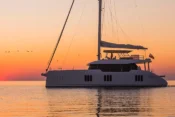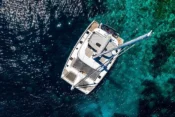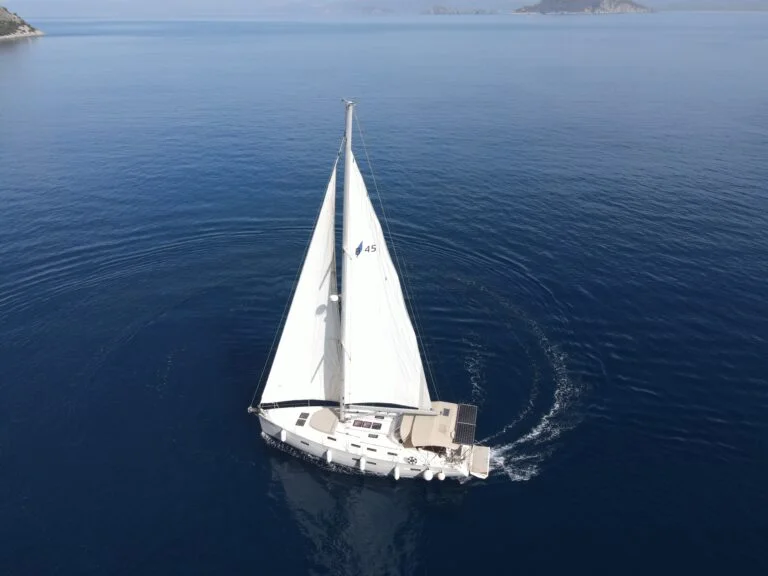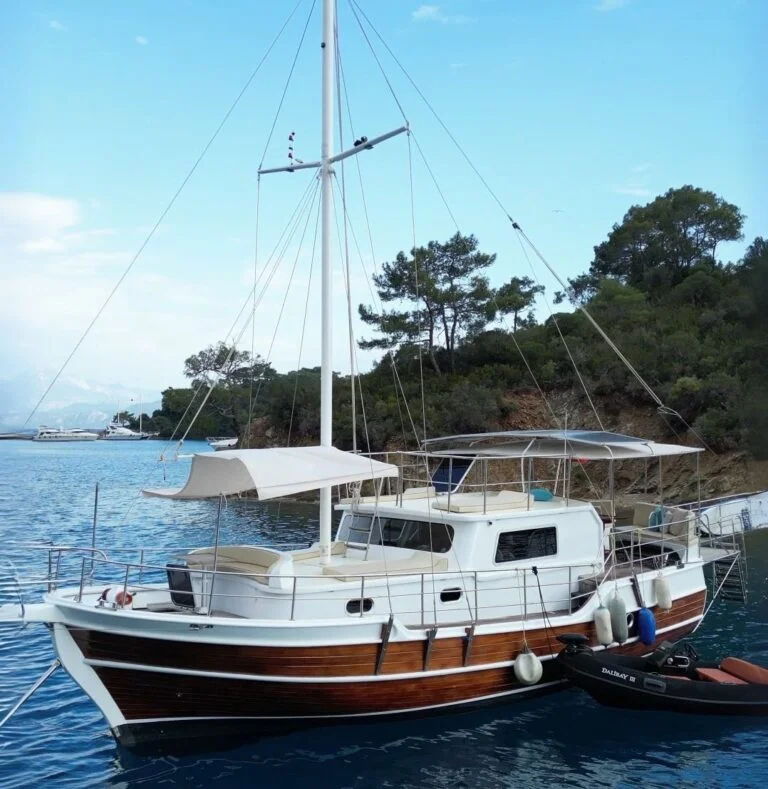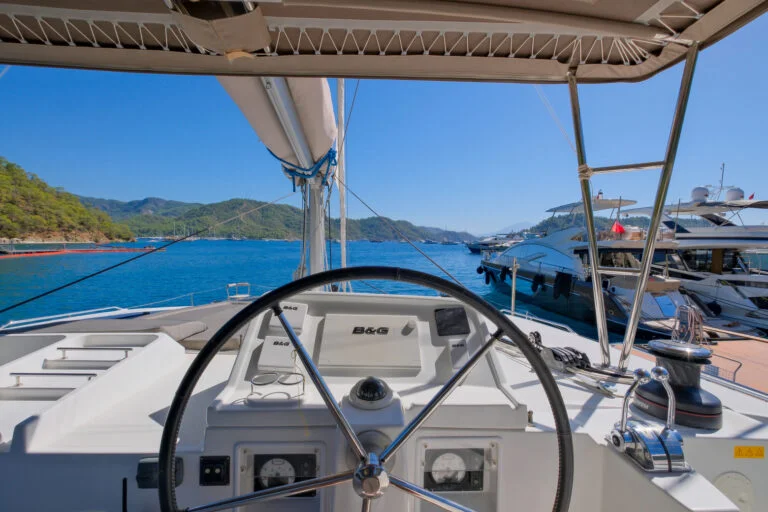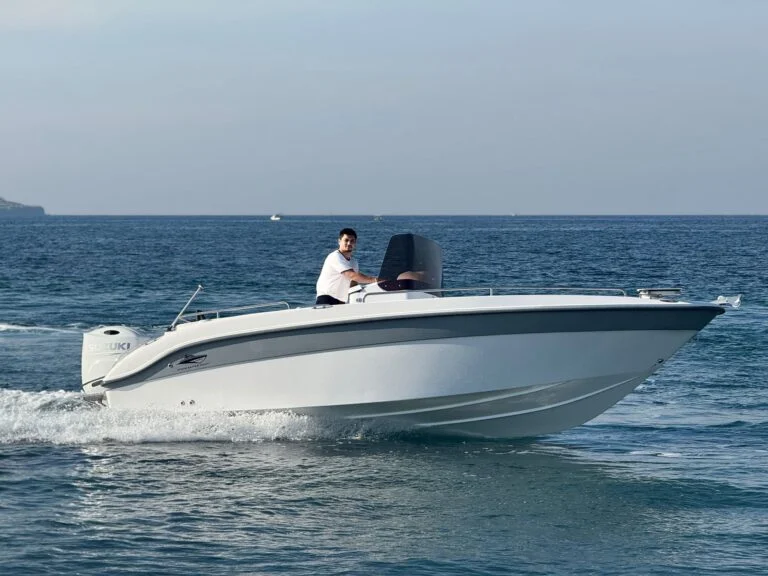

Maritime Industry and Turkey’s Strategic Position
The maritime industry is one of the most crucial sectors for global transportation and economy. Every year, millions of tons of goods are transported via sea routes, making maritime trade indispensable for sustainable commerce and the smooth operation of global supply chains. As of 2023, the global merchant fleet consists of over 100,000 ships with a combined capacity of 2 billion tons. This fleet includes container ships, bulk carriers, and tankers, which serve as the backbone of international trade.
Turkey’s Position in the Maritime Sector
Turkey stands out as a significant player in the global maritime industry. As of 2023, Turkey ranks 12th worldwide, with a fleet of 2,028 vessels and a total capacity of 48.9 million deadweight tons (DWT). Turkey’s strong presence in the maritime sector extends beyond global shipping to areas such as marine tourism, yacht and boat manufacturing, highlighting its strategic importance. Through its sea routes and ports, Turkey ensures the uninterrupted flow of global trade.
Contribution of Maritime Industry to Turkey’s Economy
The maritime industry plays a substantial role in Turkey’s foreign trade. Strategically positioned at the crossroads of key trade routes, Turkey relies heavily on maritime trade to bolster its economic growth. With robust infrastructure for container shipping, bulk cargo, and tankers, Turkey is a vital component of the global logistics network, enabling it to play an increasingly prominent role in international commerce.
Turkey’s Maritime Fleet and Vessels
Turkey boasts an extensive maritime fleet comprising yachts, motorboats, sailboats, and commercial ships. As of 2023, the number of registered vessels in Turkey exceeds 22,000. With its ports and marinas along the Mediterranean and Aegean Seas, Turkey is a leader in maritime tourism and yachting. This sector significantly contributes to the nation’s economy, further strengthening its maritime potential.
Future Strategies for Turkey’s Maritime Sector
Turkey aims to solidify its position in the maritime industry by accelerating infrastructure investments. The country plans to expand its share in maritime trade while establishing itself as a leader in marine tourism and yacht production. Strategic initiatives include constructing new marinas along the coastline, enhancing port capacities, and developing new shipping routes. Additionally, Turkey’s commitment to sustainable and eco-friendly maritime technologies will be a key factor in bolstering its competitiveness on the global stage.
Conclusion
While the maritime sector remains the backbone of global trade, Turkey plays a strategic role within this industry. With its robust fleet, ongoing infrastructure investments, and growing influence in maritime commerce, Turkey significantly contributes to global economic growth. The country is well-positioned to emerge as an even more prominent player in the global maritime industry in the coming years.
Floating Maritime Vessels and Their Types
- Yacht (Motorized and Sailing)
Luxurious and comfortable vessels, primarily used for leisure, travel, and entertainment. Available in both motorized and sailing variants. - Boat
Small, lightweight vessels commonly used for fishing, recreation, or small-scale transportation. - Motor Yacht
Designed for luxury travel, these motor-powered vessels cater to upscale maritime experiences. - Sailboat
Wind-powered vessels used for recreational sailing and water sports. - Cruise Ship
Large ships designed for passenger transport, often used for long-distance travel and vacations. - Tanker
Vessels specialized in transporting liquid cargo such as oil and chemicals. - Bulk Carrier
Ships designed to transport dry goods like coal, iron ore, and grain. - Container Ship
Vessels dedicated to container transport, essential for global commerce. - Tugboat
Compact but powerful vessels used for towing and maneuvering larger ships. - Ferry
Ships used for short-distance transportation of passengers and vehicles. - Military Ships (Warships)
Large vessels used for defense purposes, including battleships, aircraft carriers, and submarines. - Floating Platform (Offshore Platform)
Structures used for offshore oil and gas exploration and production. - LPG Tankers
Vessels designed to transport liquefied petroleum gas. - Mega Yachts
Extremely large and luxurious yachts tailored for ultra-wealthy clients. - Floating Museums and Tourist Ships
Ships designed for tourism or serving as floating exhibitions. - Floating Restaurants and Entertainment Venues
Vessels providing dining and entertainment experiences, often operating in vacation destinations. - Fishing Boats (Trawlers)
Ships equipped for commercial fishing. - Submarine
Underwater vessels used for military or research purposes. - Catamaran
Twin-hulled vessels offering speed and stability. - Trimaran
Triple-hulled vessels designed for enhanced maritime stability. - Floating Schools and Training Ships
Vessels operated by educational institutions for hands-on maritime training. - Tourism and Yacht Charter Ships
Vessels offering guided tours or chartered yacht services. - Amphibious Assault Ships (Landing Crafts)
Vessels designed to deploy ground forces onto land. - Small Recreational Watercraft (Jetski, Sail Car)
Compact, motorized vessels for individual recreational use.

Your news on our 70 Digital Maritime Platform It will spread wave by wave!
WhatsApp: +90 537 432 71 17
Customer Support Line: 09:00 – 18:00









